For the first time, the EU and neighbouring countries in the Mediterranean agreed on the establishment of five fully-fledged multiannual management plans (MAPs) based on the principles of the Common Fisheries Policy (CFP). It is a key step in improving the environmental and economic sustainability of fishing in the Mediterranean. It is the outcome of the 45th annual meeting of the General Fisheries Commission for the Mediterranean (GFCM). Thanks to the joint efforts of the Commission, Member States and more than 20 other coastal countries, the GFCM unanimously adopted a total of 21 ambitious measures, 19 tabled by the European Union, for the management and control of fisheries, aquaculture and the protection of sensitive habitats. The EU is also supporting the implementation of all the measures and the new GFCM 2030 Strategy with an annual grant of €8 million.
New multiannual management plans for sustainable fisheries management
The five new MAPs will cover key Mediterranean sub-regions: Alboran Sea in the Western Mediterranean, the Strait of Sicily, the Ionian and the Levant Sea. The new MAPs will help strengthen efforts to curb overfishing and improve the state of some of the most valuable fish stocks in the sea basin, such as deep-water shrimps, hake and blackspot seabream. In addition, they will consolidate the legal framework for the sustainable exploitation of the stocks, in order to ensure the profitability of the fishing sector, and a level playing field for the Mediterranean fleets.
Furthermore, the EU, Morocco and Algeria agreed on a roadmap for the establishment of the first shared fisheries restricted area (FRA). The future FRA will cover the waters of Spain, Morocco and Algeria in the Cablier Mound area of the Alboran Sea. It will complement the new Alboran MAP measures for the protection of the blackspot seabream stock, which is in a critical state.
Stronger measures against illegal, unreported and unregulated fishing
To ensure the proper implementation of the management measures under the MAPs and the monitoring of fishing activities, the GFCM adopted, as permanent, the international joint inspection scheme in the Strait of Sicily and, based on its successful implementation, adopted a new joint inspection scheme in the Ionian Sea.
In addition, a general ban on transhipment at sea was also agreed for the first time ever – an essential tool in the fight against illegal, unreported and unregulated (IUU) activities in the Mediterranean and Black Seas.
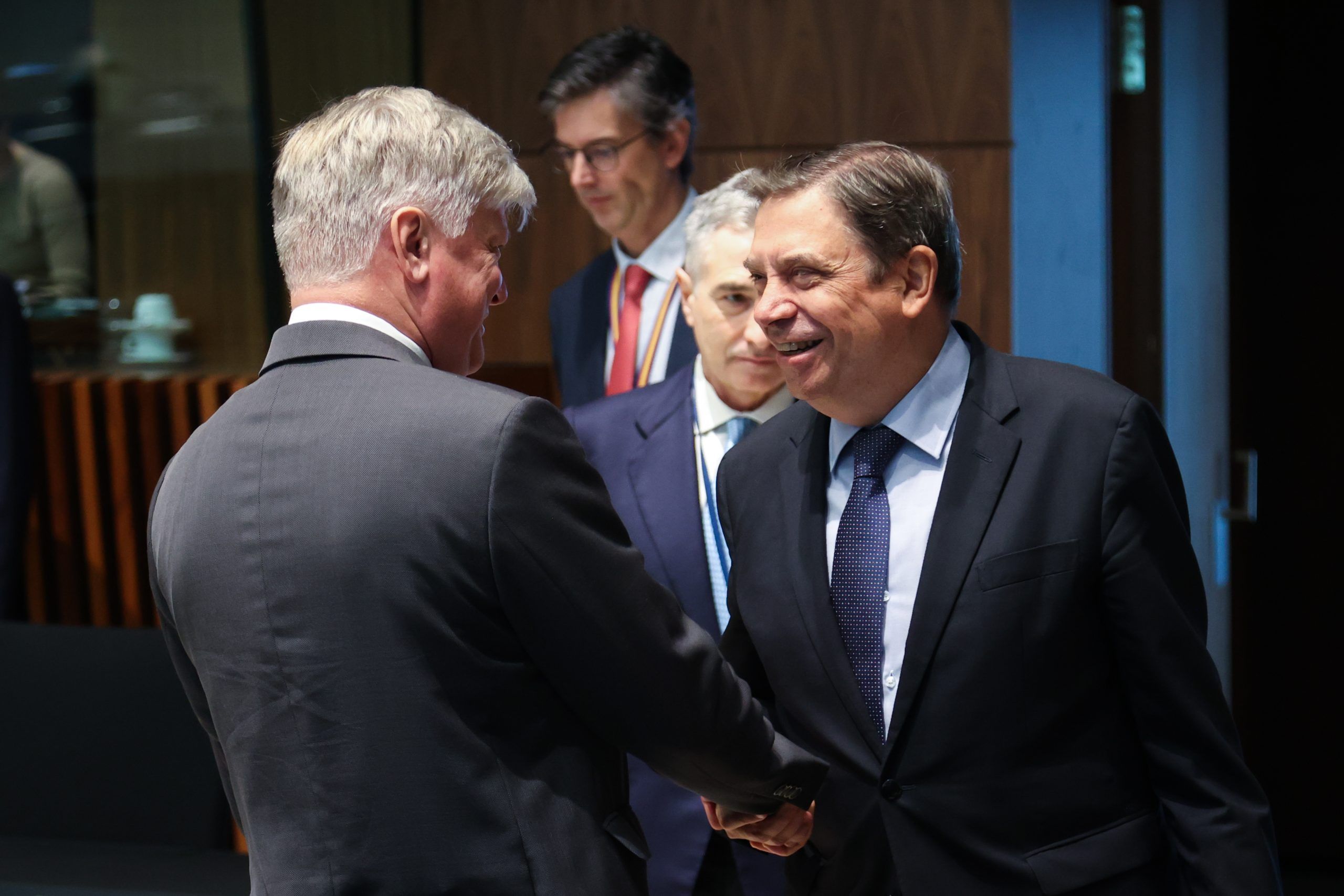
EU Council: Spain obtains an additional quota of 4,122 tons of southern hake for 2022
|
Protection of sensitive habitats and species
Based on an EU proposal, the GFCM has decided to launch an assessment of the potential impact of changing the depth limits of the existing fishing restrictions established by the GFCM in depths of below 1000 m, with a view to possibly introducing restrictions also in shallower waters. This assessment will require advancing the knowledge on the distribution of vulnerable marine ecosystems (VMEs), the determination of the bottom trawling fishing footprint and potential gear-related management measures. There is also an agreement to establish an observatory on non-indigenous species in the Mediterranean and the Black Sea. As a first step, it will conduct a pilot study on the invasive species threatening marine ecosystems and local fishing communities.
The GFCM also decided to strengthen transitional management measures for the European eel and red coral, as well as the development of measures for small-scale fisheries, essential for the livelihoods of local communities.
Finally, the GCFM took a decision for the management of recreational fisheries, a first for such a decision at a regional level. Managing recreational fisheries is essential for sustainable fisheries management, given their increasing impact on the stocks.
Next steps
The EU will now transpose the fishing opportunities-related measures from all adopted decisions through the 2023 Fishing opportunities regulation for the Mediterranean and the Black Sea to be adopted by EU Fisheries Ministers in December. It will continue working with all the GFCM riparian countries for the implementation of the newly adopted measures in the subregional setting of the MedSea4Fish and BlackSea4Fish projects.
For further information: European Commission

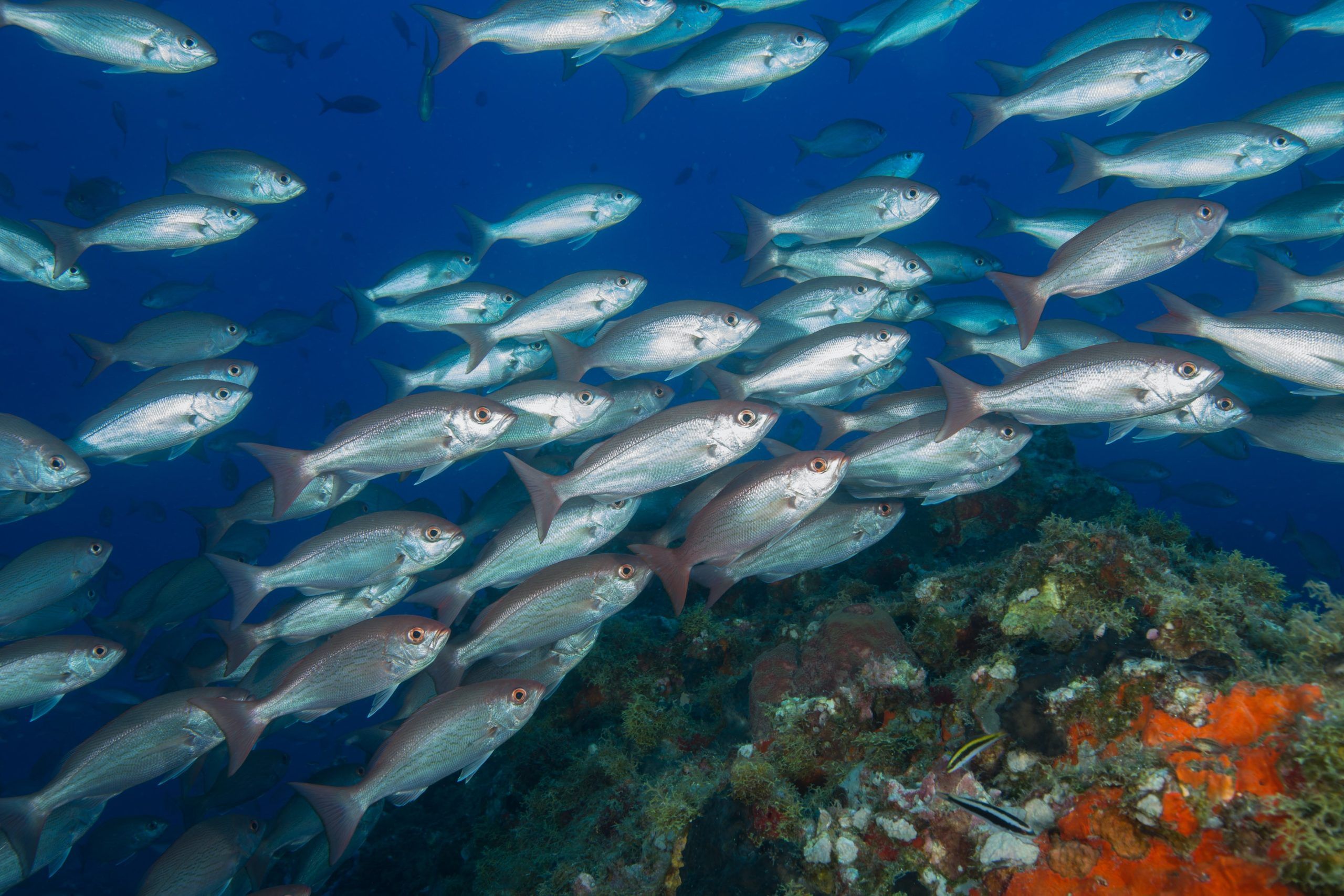
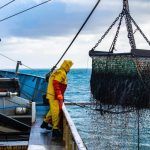
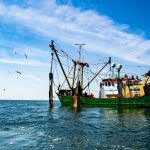
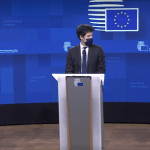
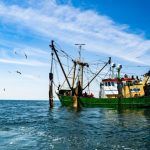

Leave a Reply